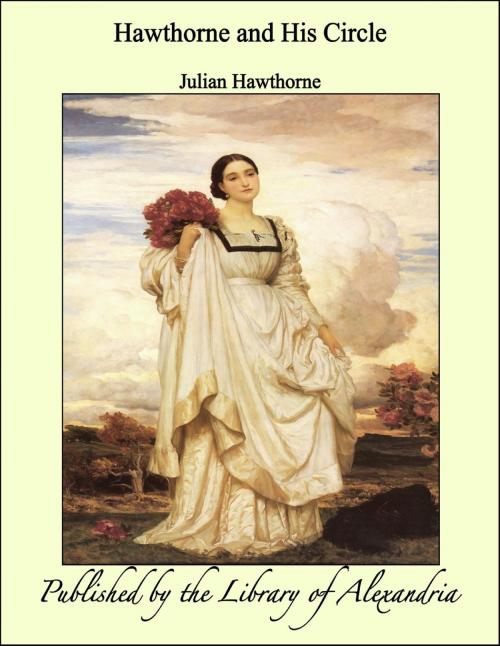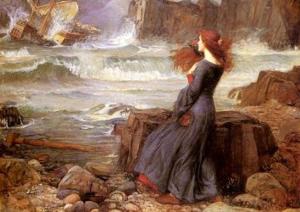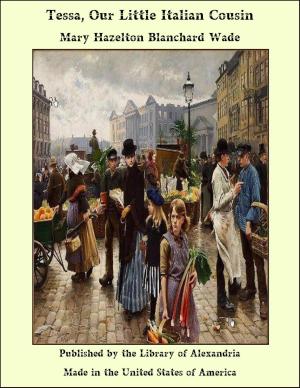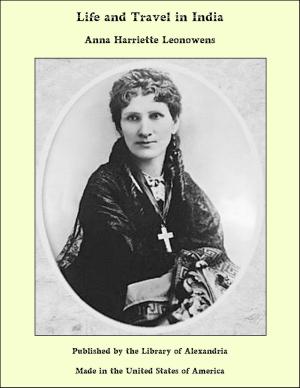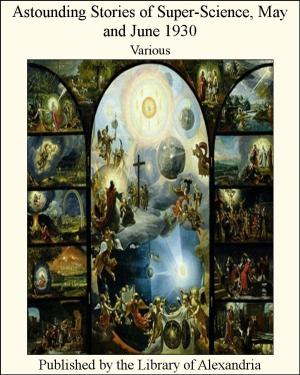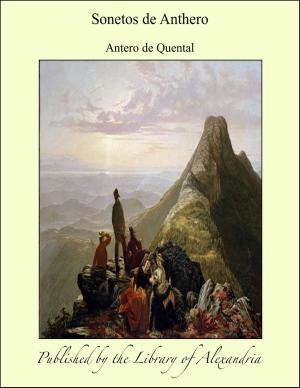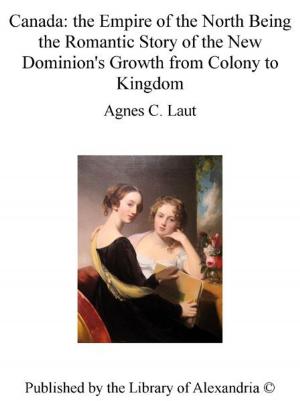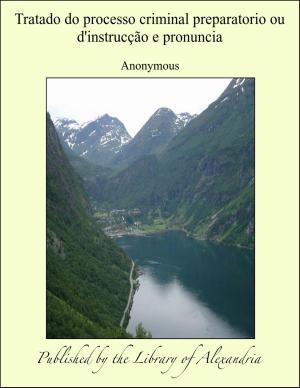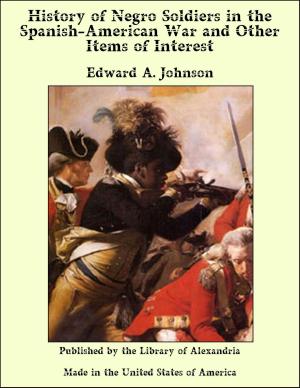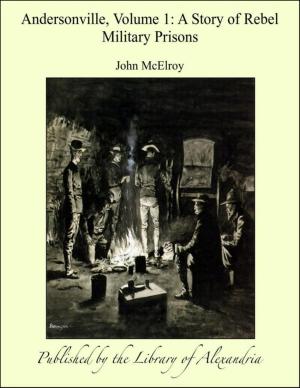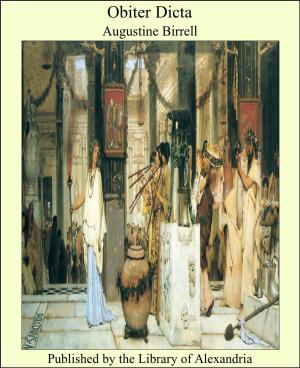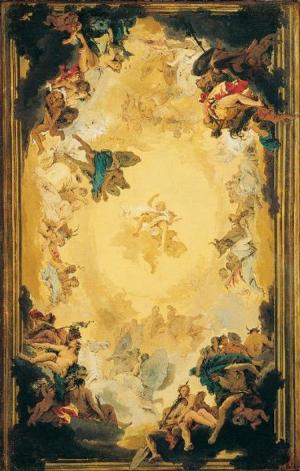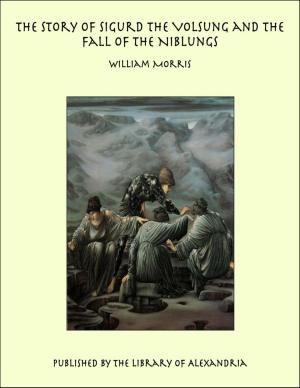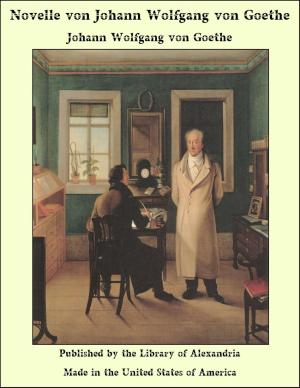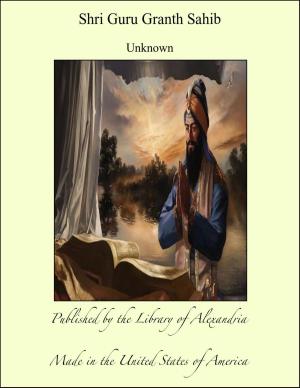Hawthorne and His Circle
Nonfiction, Religion & Spirituality, New Age, History, Fiction & Literature| Author: | Julian Hawthorne | ISBN: | 9781465559494 |
| Publisher: | Library of Alexandria | Publication: | March 8, 2015 |
| Imprint: | Language: | English |
| Author: | Julian Hawthorne |
| ISBN: | 9781465559494 |
| Publisher: | Library of Alexandria |
| Publication: | March 8, 2015 |
| Imprint: | |
| Language: | English |
Inheritance of friendships—Gracious giants—My own good fortune—My father the central figure—What did his gift to me cost him?—A revelation in Colorado—Privileges make difficulties—Lights and shadows of memory—An informal narrative—Contrast between my father's life and mine. The best use we can make of good fortune is to share it with our fellows. Those to whom good things come by way of inheritance, however, are often among the latest to comprehend their own advantage; they suppose it to be the common condition. And no doubt I had nearly arrived at man's estate before it occurred to me that the lines of few fishers of men were cast in places so pleasant as mine. I was the son of a man of high desert, who had such friends as he deserved; and these companions and admirers of his gave to me in the beginning of my days a kindly welcome and encouragement generated from their affection and reverence for him. Without doing a stroke of work for it, I found myself early in the enjoyment of a principality of good will and fellowship—a species of freemasonry, I might call it, though the secret was patent enough—for the rights in which, unaided, I might have contended my lifetime long in vain. Men and women whose names are consecrated apart in the dearest thoughts of thousands were familiars and playmates of my childhood; they supported my youth and bade my manhood godspeed. But to me, for a long while, the favor of these gracious giants of mind and character seemed agreeable indeed, but nothing out of the ordinary; my tacit presumption was that other children as well as I could if they would walk hand in hand with Emerson along the village street, seek in the meadows for arrow-heads with Thoreau, watch Powers thump the brown clay of the "Greek Slave," or listen to the voice of Charlotte Cushman, which could sway assembled thousands, modulate itself to tell stories to the urchin who leaned, rapt, against her knees. Were human felicity so omnipresent as a happy child imagines it, what a world would this be!
Inheritance of friendships—Gracious giants—My own good fortune—My father the central figure—What did his gift to me cost him?—A revelation in Colorado—Privileges make difficulties—Lights and shadows of memory—An informal narrative—Contrast between my father's life and mine. The best use we can make of good fortune is to share it with our fellows. Those to whom good things come by way of inheritance, however, are often among the latest to comprehend their own advantage; they suppose it to be the common condition. And no doubt I had nearly arrived at man's estate before it occurred to me that the lines of few fishers of men were cast in places so pleasant as mine. I was the son of a man of high desert, who had such friends as he deserved; and these companions and admirers of his gave to me in the beginning of my days a kindly welcome and encouragement generated from their affection and reverence for him. Without doing a stroke of work for it, I found myself early in the enjoyment of a principality of good will and fellowship—a species of freemasonry, I might call it, though the secret was patent enough—for the rights in which, unaided, I might have contended my lifetime long in vain. Men and women whose names are consecrated apart in the dearest thoughts of thousands were familiars and playmates of my childhood; they supported my youth and bade my manhood godspeed. But to me, for a long while, the favor of these gracious giants of mind and character seemed agreeable indeed, but nothing out of the ordinary; my tacit presumption was that other children as well as I could if they would walk hand in hand with Emerson along the village street, seek in the meadows for arrow-heads with Thoreau, watch Powers thump the brown clay of the "Greek Slave," or listen to the voice of Charlotte Cushman, which could sway assembled thousands, modulate itself to tell stories to the urchin who leaned, rapt, against her knees. Were human felicity so omnipresent as a happy child imagines it, what a world would this be!
